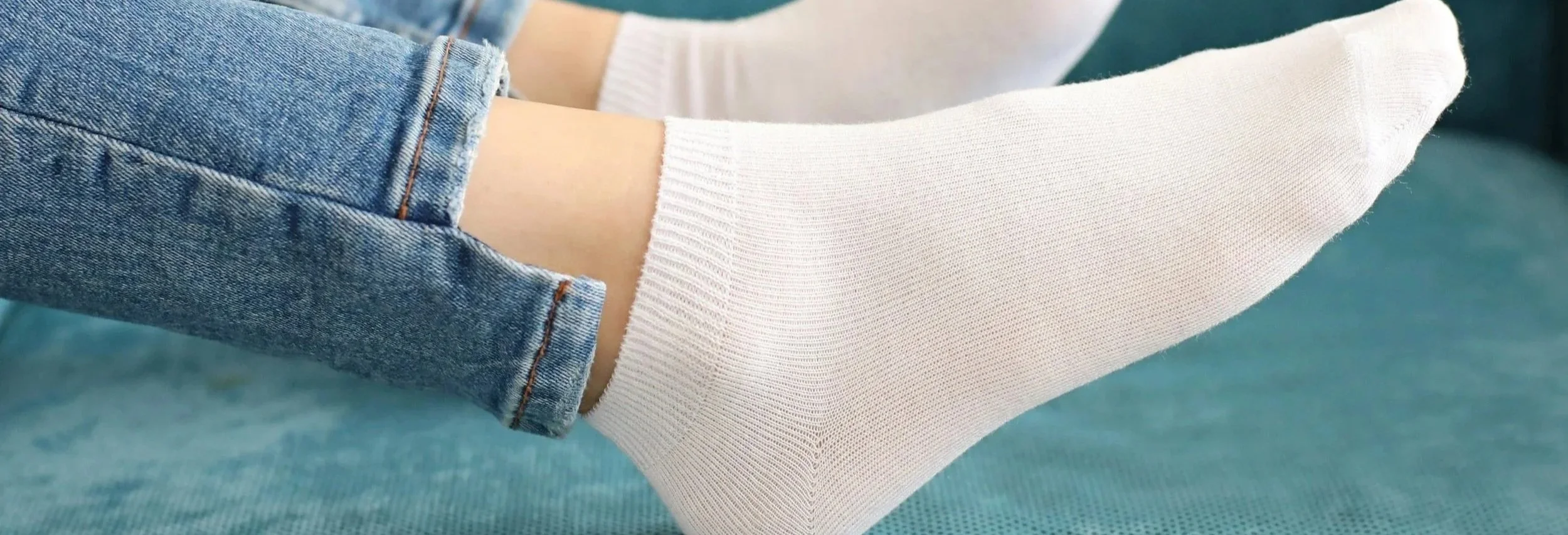Plantar Fasciitis: Tips to Avoid it
Plantar fasciitis is one of the most common injuries for runners, and let me tell you, I have seen SO many runners with it this year. That includes myself… but plantar fasciitis can quickly derail your training. If you’re an Atlanta runner experiencing heel pain, it’s essential to understand the causes, prevention strategies, and when to seek help from a physical therapist.
At YourMove Physical Therapy in Atlanta, we specialize in helping runners prevent injuries like plantar fasciitis and stay on track with their training goals.
What Is Plantar Fasciitis?
Plantar fasciitis occurs when the thick band of tissue connecting your heel to your toes (the plantar fascia) becomes inflamed. Common symptoms include:
Sharp heel pain, especially first thing in the morning
Pain after long runs or periods of standing
Tenderness along the arch or heel
For Atlanta runners, running on concrete streets, hilly routes, or uneven trails can increase stress on the plantar fascia, making injury more likely.
Tips to Prevent Plantar Fasciitis
1. Proper Footwear
Choose running shoes with good arch support and cushioning. Replace them every 300–500 miles to maintain shock absorption and reduce strain on your feet.
2. Stretch and Strengthen
Calf stretches: Keep your Achilles tendon flexible.
Plantar fascia stretches: Roll your foot over a tennis ball or foam roller.
Foot strengthening: Toe curls or towel scrunches can improve arch stability.
3. Gradual Mileage Increases
Avoid sudden jumps in weekly mileage. Gradually increasing distance allows your plantar fascia to adapt and reduces the risk of inflammation.
4. Incorporate Recovery
Recovery days and proper sleep after long runs help prevent plantar fascia irritation from becoming chronic.
5. Cross-Training
Low-impact activities like cycling or swimming can maintain fitness while giving your feet a break.
When to Seek Help
If heel pain persists for more than a few weeks, it’s time to consult a physical therapist. At YourMove Physical Therapy in Atlanta, we assess running mechanics, provide targeted exercises, and develop a personalized plan to help you return to pain-free running quickly.
Final Thoughts
Plantar fasciitis doesn’t have to sideline your running. By choosing proper footwear, strengthening your feet and calves, and allowing adequate recovery, Atlanta runners can avoid pain and maintain consistent training.
